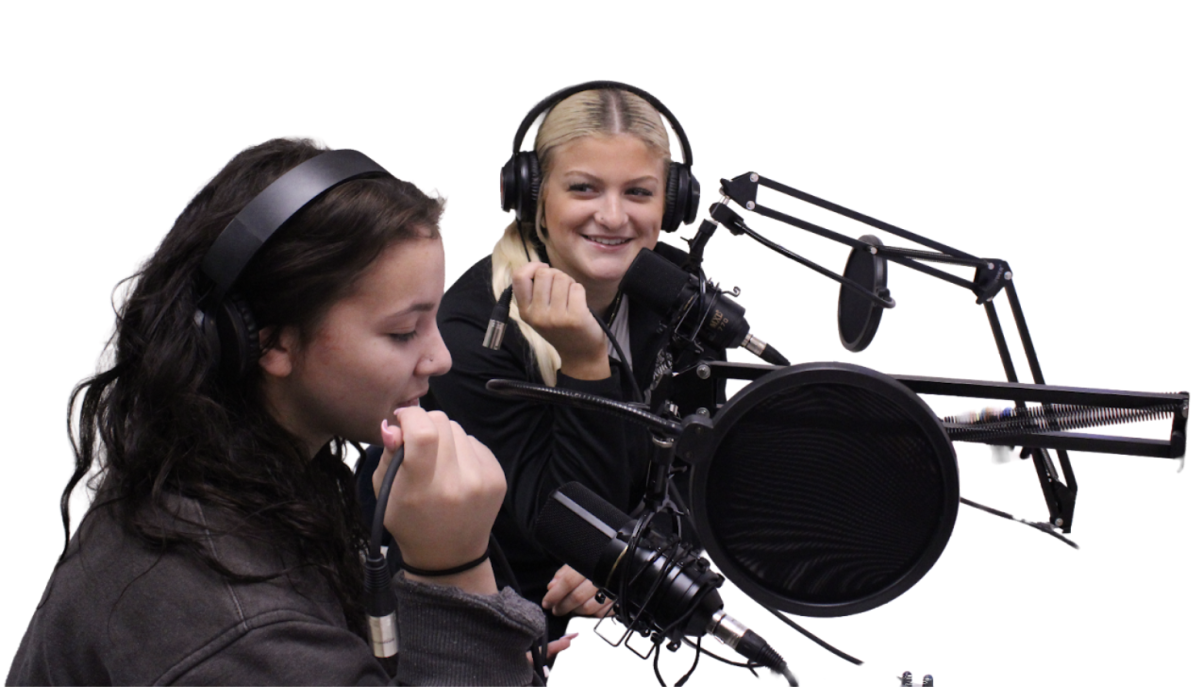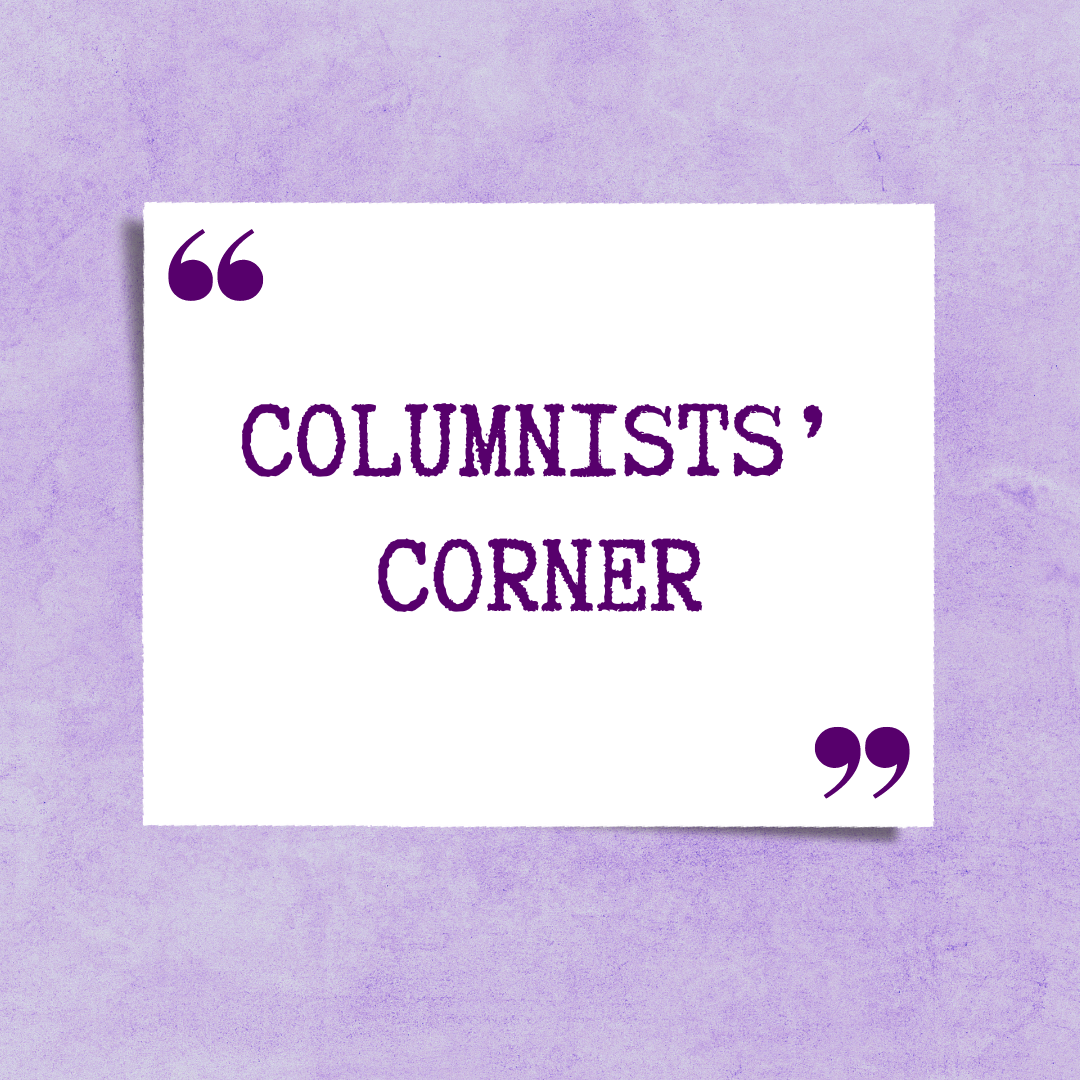Having an ego is not explicitly negative. It only becomes negative when a healthy ego becomes egocentrism. There’s nothing wrong with knowing your own self-worth. However, harming people to establish your worth is where that line is drawn.
It is important to understand the difference between having an ego and being egocentric. According to relationship coach Caterina Smillie, ego is defined as “a person’s sense of self-esteem or self-importance,” while egocentric is defined as “excessively conceited or self-absorbed.” These words are often misused for one another, with people assuming they mean the same thing.
“Over time, people have slapped a negative label on the word ego, using it to say that the person is full of themselves and doesn’t care about anybody else, not knowing that having an ego brings many benefits,” senior Keiton Westfall said.
An important part of life is learning to connect with yourself and recognize your talents and strengths. In my case, it’s singing and acting.
As a performer, I have found that in order to get what I want, I need to be confident. Theater is a competitive industry, not only on Broadway, but even in high school. As a freshman, I was not aware of my self-worth. I was not confident, and therefore I struggled as a performer. As I have grown, I have come to see that I am good at singing and acting, but it took a long time to get to that point.
The most essential factor when it comes to building a healthy ego is a support system. When you have people around you who are constantly tearing you down, you automatically assume that they are right and then underestimate your actual talent. But having a group of friends, family or mentors that hype you up and let you know that you are talented makes all the difference.
A healthy ego is not just born, but it is created. You hone your craft, spending hours working towards becoming the best version of yourself. You know you’ve worked hard to be here, and you know you can do it. On the other hand, egocentrism is created by just being told you are the best with no basis of why. Why are you the best player? Is it because that is what your parents told you? Are there statistics to prove it? This is nothing against parents being supportive, but overly supportive parents tend to nurture the start of egocentrism.
There is a very fine line between being egocentric and having a healthy ego. The line that is crossed is “when you start to have no empathy for others and only care about what happens to yourself,” Westfall said.
I tend to agree. The minute you stop caring about others and start degrading them in order to boost your self-esteem is when that line is crossed, although it can be much more than that. Egocentric people lack passion. Their purpose for doing everything is for personal gain and nothing more, and if someone is hurt through that process, they don’t care.
“It’s healthy to own your ego, however it’s not healthy when your ego owns you. I own that I have ego because what I am saying is that I am a person with a sense of self-esteem, self-importance and self-value,” Smillie said in a statement on LinkedIn.
It is crucial to recognize your ego. Similar to daily affirmations, recognizing an ego can be as simple as telling yourself, “I am worthy; I am talented; I deserve this.” This is something that I tell myself in my everyday life because I know it is true. It would do well for everyone to repeat this phrase because it truly applies to everyone in some way or another. The main source of confidence is recognizing self-worth.
“Having an ego can boost your self-confidence, and it helps people overcome their fears, which is crucial in becoming successful,” Westfall said.
A healthy ego is the key to success, but one must always be aware of the surrounding circumstances in order for the ego to remain healthy and not toxic.









